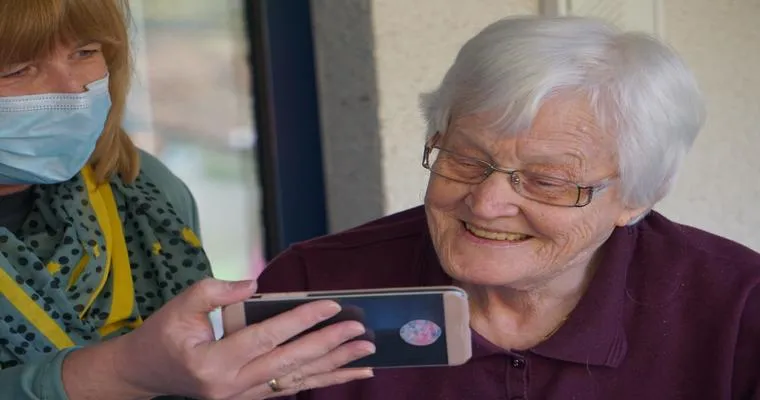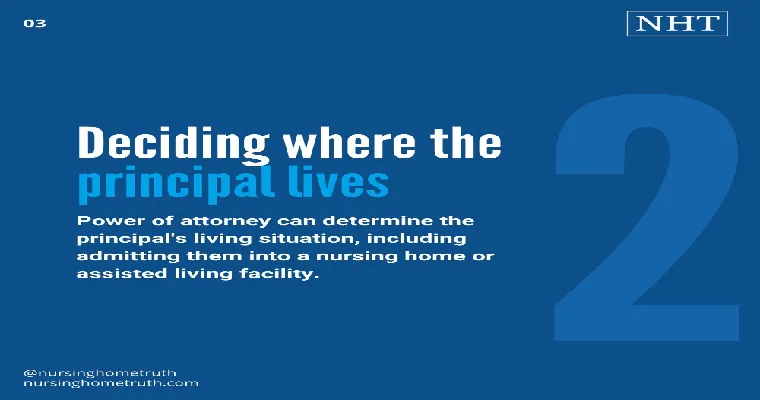In today's world, "personal care agreements" have become increasingly essential for families navigating the complexities of "caregiver compensation" and "Medicaid planning". These agreements serve as formal contracts that outline the terms of care provided by family members or friends, ensuring that caregivers are fairly compensated for their time and effort. Additionally, having a well-structured personal care agreement can play a crucial role in protecting assets and qualifying for Medicaid benefits, making them a vital tool for anyone considering long-term care options.
Understanding Personal Care Agreements
A "personal care agreement" is a legally binding document that stipulates the services a caregiver will provide, the payment they will receive, and other key details related to the caregiving arrangement. This type of agreement is particularly important when the caregiver is a family member, as it not only clarifies expectations but also helps maintain a healthy family dynamic by reducing potential conflicts over caregiving responsibilities.
The Importance of Caregiver Compensation
Compensating caregivers fairly is essential for a variety of reasons. First and foremost, caregivers often dedicate a significant amount of time and energy to providing care, which can lead to financial strain if they are not compensated. A personal care agreement allows families to outline a fair payment structure that acknowledges the caregiver's efforts. Additionally, compensating caregivers can help prevent burnout, ensuring that they can continue to provide high-quality care for their loved ones.
Medicaid Planning and Its Significance
When it comes to "Medicaid planning", personal care agreements can be a game-changer. Medicaid has strict eligibility requirements, and assets must often be spent down before an individual can qualify for benefits. By implementing a personal care agreement, families can pay caregivers for their services, which may help in reducing the individual's assets and potentially qualifying for Medicaid sooner. This strategic approach to asset management can be invaluable in facilitating access to necessary medical and personal care services while preserving financial resources.
Crafting a Personal Care Agreement
Creating an effective personal care agreement involves several key components. The agreement should include detailed descriptions of the services to be provided, the payment rate, the frequency of payments, and any additional terms that may be relevant to the caregiving situation. It is also advisable to consult with a legal professional experienced in elder law or Medicaid planning to ensure that the agreement complies with state regulations and effectively meets the family's needs.
Conclusion
In summary, personal care agreements are a critical tool for families looking to navigate caregiver compensation and Medicaid planning effectively. By formalizing the caregiving arrangement, families can ensure fair payment for services rendered while also strategically managing assets to qualify for Medicaid benefits. As the demand for in-home care continues to rise, understanding the importance of personal care agreements will empower families to make informed decisions about their loved ones' care. Embracing this proactive approach not only helps caregivers but also enhances the overall quality of life for those receiving care.





